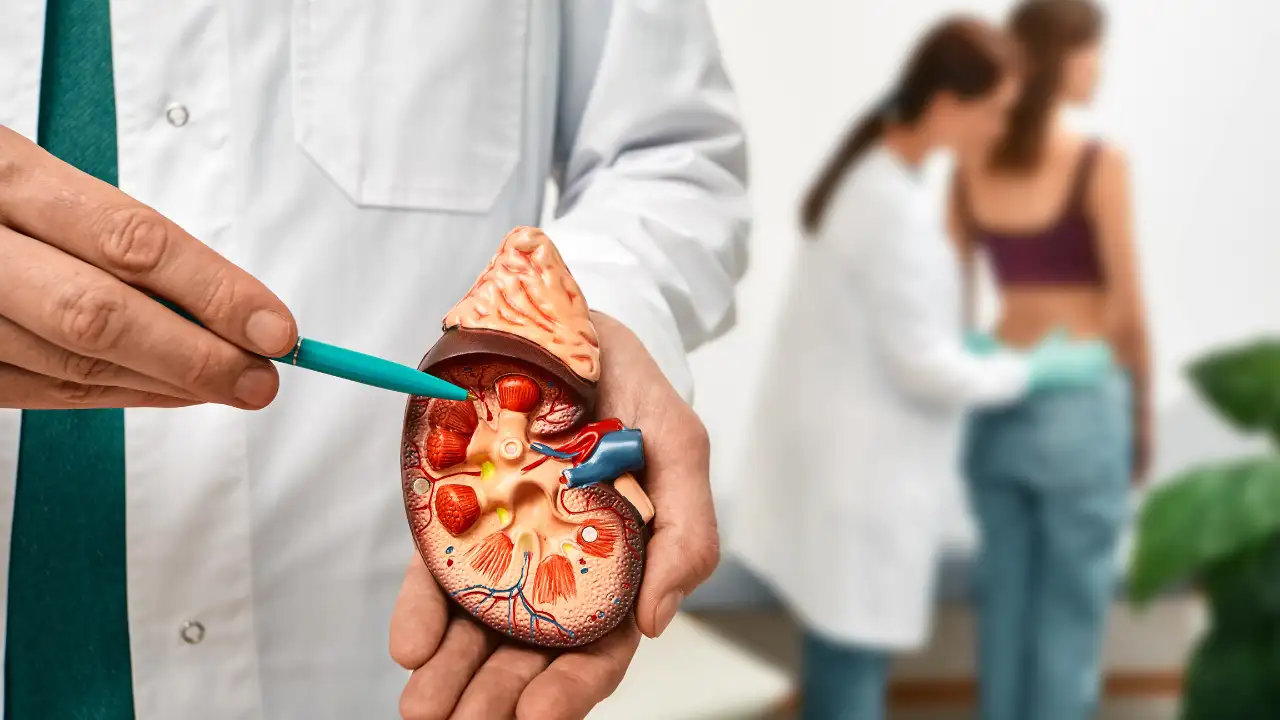Are Your Daily Habits Secretly Breeding Kidney Stones? 7 Risky Behaviors to Avoid

That excruciating pain in your side? It could be a kidney stone. Affecting a surprising 1 in 11 people – and men twice as likely as women – these painful formations are often the silent consequence of everyday habits. While genetics can play a role, the good news is you can significantly reduce your risk through mindful lifestyle choices. Let's uncover the 7 most common habits that can contribute to kidney stone development and what you can do to protect your kidneys.
1. Not Drinking Enough Water: The Foundation of Kidney Health
Dehydration is arguably the biggest culprit. When you don't drink enough water, your urine becomes more concentrated, allowing minerals like calcium, oxalate, and uric acid to crystallize and form stones. Aim for at least 8 glasses (64 ounces) of water daily, and even more if you're active or live in a hot climate. Consider adding lemon or lime to your water – citrate, found in citrus fruits, can help prevent stone formation.
2. High Sodium Intake: A Recipe for Calcium Stones
Excessive sodium (salt) in your diet leads to increased calcium excretion in your urine. This excess calcium can then bind with other substances, forming calcium stones – the most common type. Read food labels carefully and limit processed foods, fast food, and salty snacks. Cooking at home allows you to control sodium levels.
3. Excessive Animal Protein: The Uric Acid Connection
A diet high in animal protein (red meat, poultry, fish) can increase uric acid levels in your blood and urine. High uric acid can lead to the formation of uric acid stones. While protein is essential, moderation is key. Consider incorporating more plant-based protein sources like beans, lentils, and tofu.
4. Sugary Drinks: Fructose's Hidden Danger
Sugary drinks, especially those high in fructose (like soda and sweetened juices), have been linked to an increased risk of kidney stones. Fructose can increase uric acid production and decrease urine citrate levels, both of which contribute to stone formation. Opt for water, unsweetened tea, or sparkling water with a squeeze of lemon or lime.
5. Ignoring Oxalate-Rich Foods (Sometimes!)
Oxalate is a naturally occurring substance found in many foods. While not inherently bad, high oxalate intake, especially when combined with low calcium intake, can increase the risk of calcium oxalate stones. Foods high in oxalate include spinach, rhubarb, nuts, chocolate, and tea. Don't eliminate these foods entirely, but be mindful of portion sizes and pair them with calcium-rich foods to bind the oxalate in your gut.
6. Lack of Calcium Intake: Counterintuitive, But True!
It might seem counterintuitive, but not getting enough calcium can actually *increase* your risk of kidney stones. When you don't consume enough calcium, your body absorbs more oxalate, leading to higher oxalate levels in your urine. Aim for the recommended daily allowance of calcium through diet or supplements (consult your doctor before taking supplements).
7. Sedentary Lifestyle: Impact on Overall Health
A lack of physical activity can contribute to various health problems, including an increased risk of kidney stones. Regular exercise helps improve overall health and can positively impact your metabolism, potentially reducing the risk of stone formation. Aim for at least 30 minutes of moderate-intensity exercise most days of the week.






